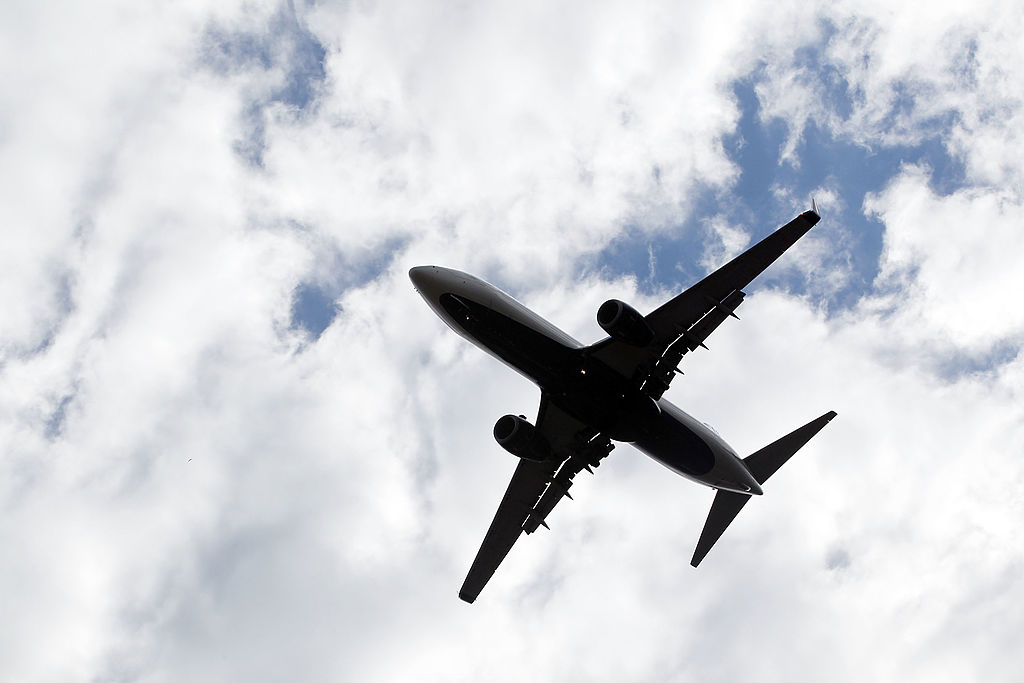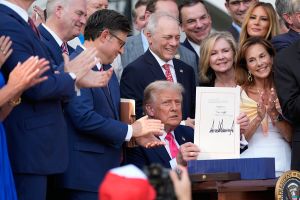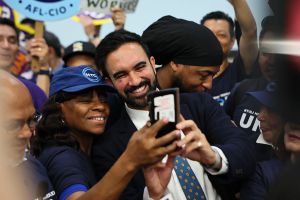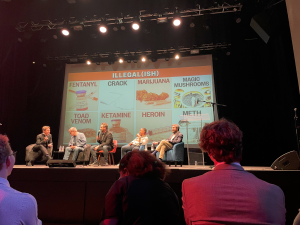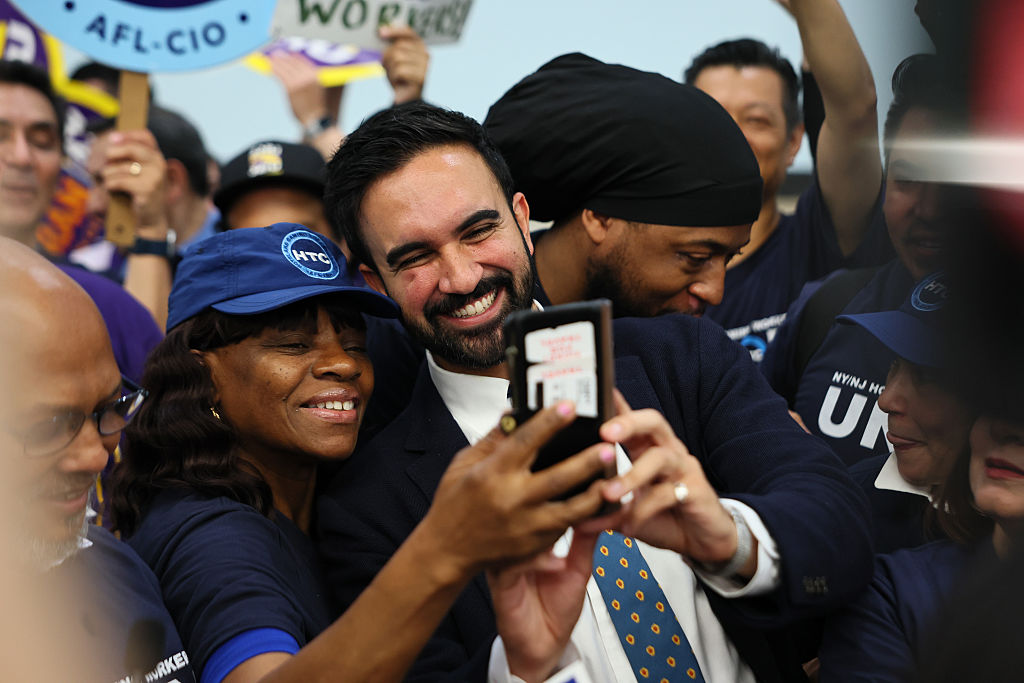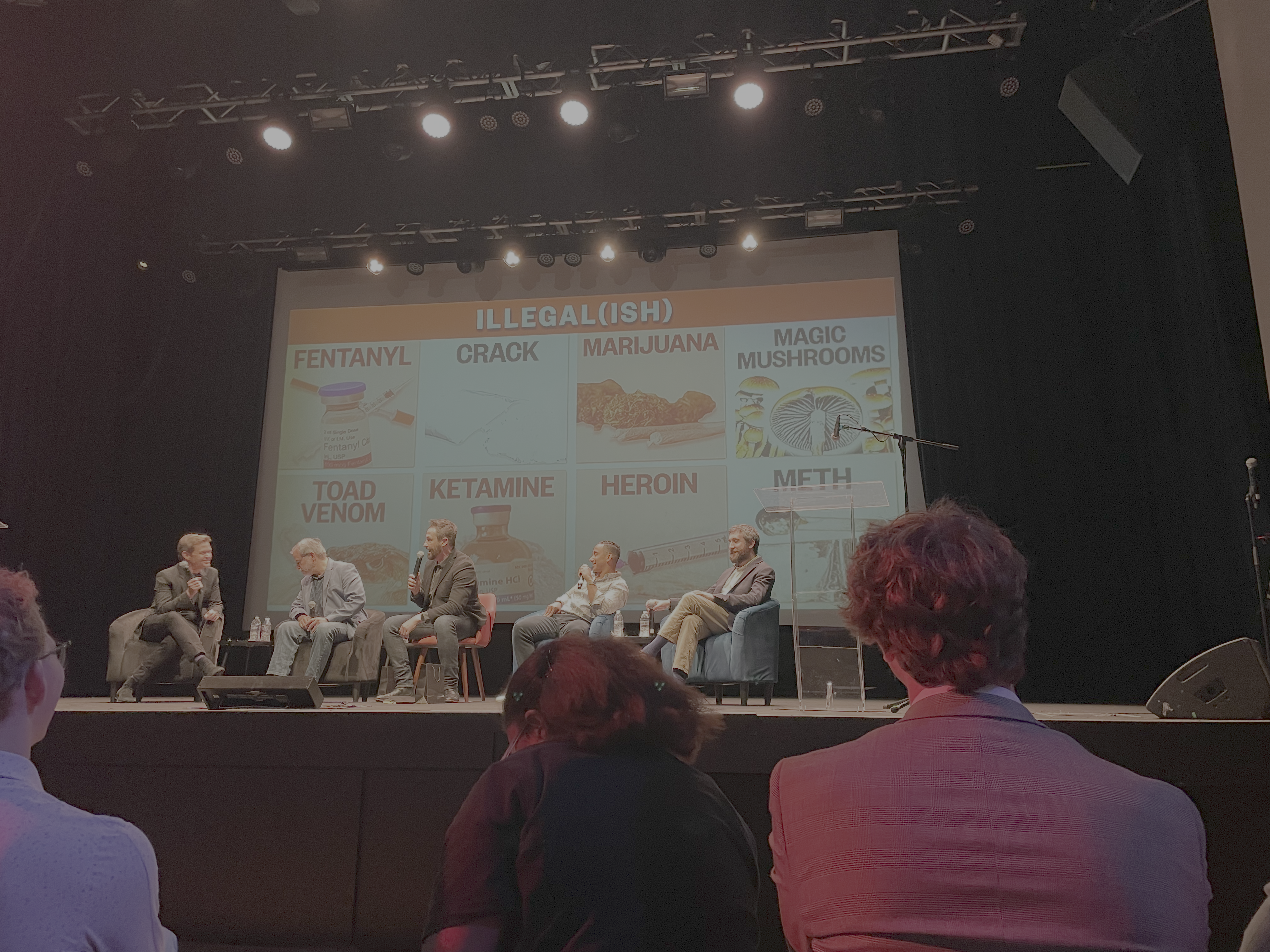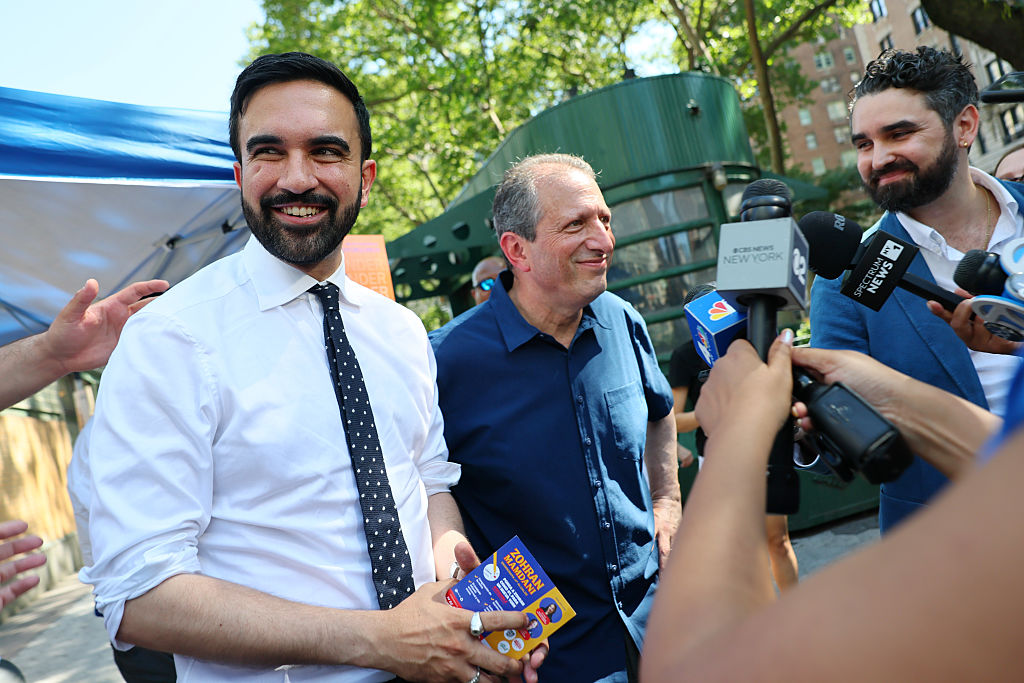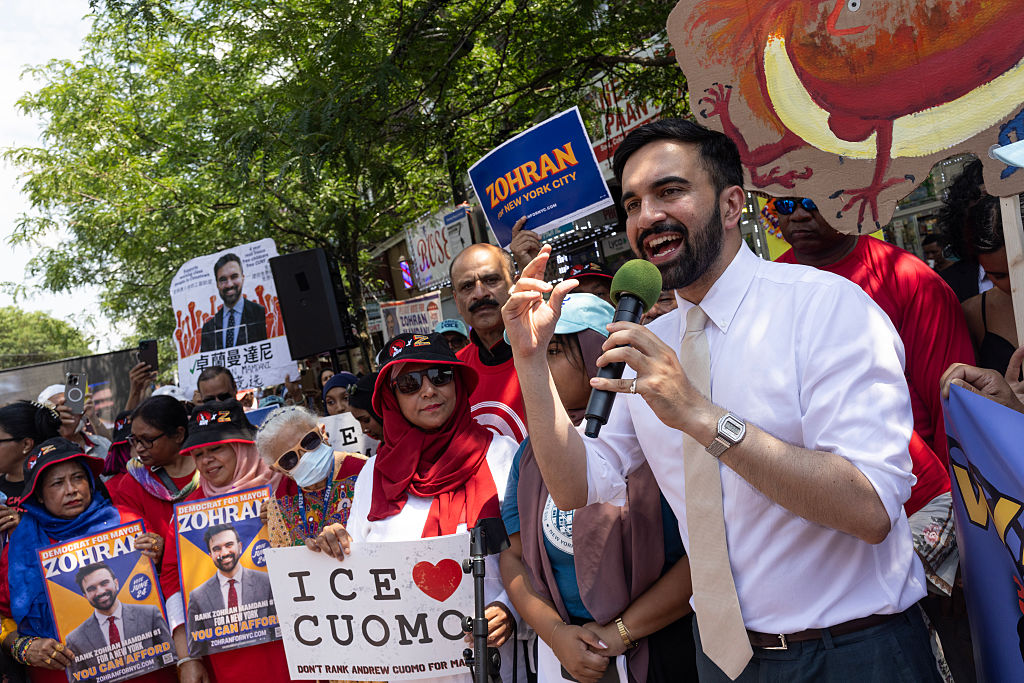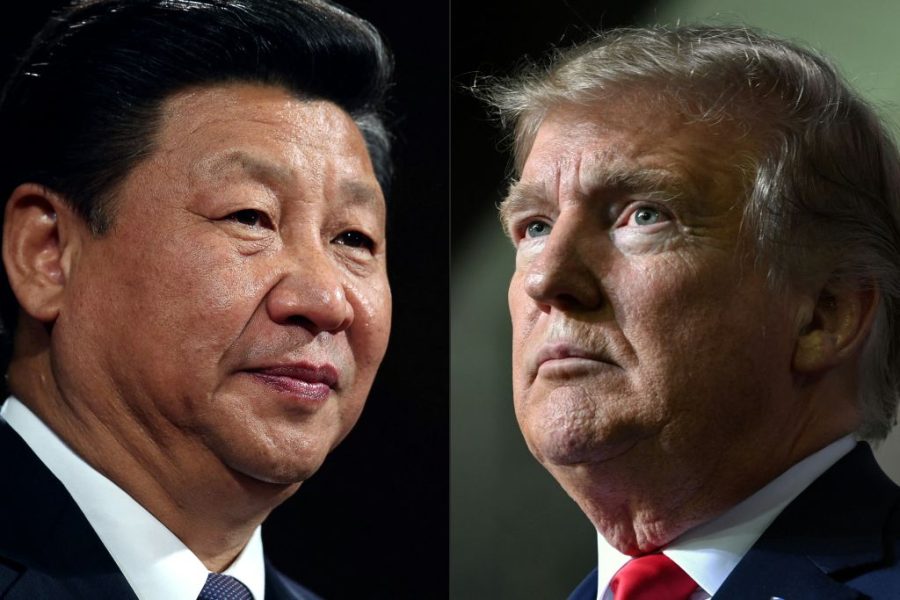The Spectator crew go for lunch at Le Diplomate in Washington, DC. Michelle Obama used to like eating there; this is the other thing I share with her, along with a fondness for growing vegetables in my backyard. Two days later, a staffer develops a sniffle and tests positive. The rest of us isolate, test and prepare to cancel our plans, but we’re all negative and our superspreader is positively jaunty. The plague is becoming endemic but we are ruled by petty bullies and are powerless to do anything about it. This is how the peasants must have felt in the Middle Ages.
New York is expensive and full of violent mad indigents, but it always was. The difference is, it used to be fun. In the Nineties, I played at the Knitting Factory on the Lower East Side; it had yet to decamp to Brooklyn, the elephants’ graveyard of the arts. Our hotel was on the Bowery, and we were woken in the night because a careless crackhead had set fire to his room. Good times. These days, the city of Lou Reed the amateur pharmacist is the city of Duane Reed the pharmacy chain. Manhattan smells of skunkweed or urine, and frequently a layered bouquet of both, and the atmosphere is somehow both lawless (armies of zombie panhandlers) and coercive (creepy electronic billboards telling you not to do a racism). At dinner with Miranda Devine and Kelly Jane Torrance from the New York Post, Karol Markowicz says she’s had enough and is deporting her family to Miami. I can’t believe her, but a few days later she says it in a column for the Post, so she means it. New York is changing, as all cities must, but not for the better.
“Just sit tight for a couple of days, then go out and party,” says the customs officer at Heathrow as he hands back my passport. He is wearing a big smile and no mask. That indicates how seriously Londoners take Omicron — and how seriously they’ve taken the entire pandemic. No one cares. Only 60 percent of Londoners are vaccinated, a statistic that makes me wonder whether the number of Londoners who prefer to avoid all interaction with the state — and who can blame them? — is close to the tipping point. Like New York, London feels on the verge of anarchy already, only much livelier. Perhaps it’s because all of the people in New York are medicated some of the time, while some of the people in London are drunk all of the time.
The Spectator’s London office is a model of industriousness and sobriety when I drop by, but it’s only ten in the morning. Freddy Gray and I get a cup of coffee and sit on a bench in St. James’s Park. The park is often used as a setting for scenes in spy novels and movies in which elegantly tailored Englishmen commit acts of treason. The freezing winter weather adds to the Cold War ambience. When we stand, we discover our legs have seized up from the cold. We hobble back to the office like rheumatic ducks. People say John le Carré’s novels are realistic, but I don’t recall this happening to George Smiley.
Everyone in London is baffled by Boris Johnson’s panicky compliance with Covid restrictions. How did the liberty-loving mayor who restored pubs to all-day and late-night drinking mutate into the lord of the lockdown? The most common theory is that Boris has been led astray by the latest of his wives; Carrie’s influence is also blamed for his conversion to green economics. In second place comes the analysis of Dr. Tucker Carlson: Covid-19 almost carried off unhealthy prime minister in 2020, and it’s left him emasculated. The dismal truth is that Boris cannot afford to be a bold leader, let alone have principles. Like his hero Churchill, he has no friends but wants to be liked. He lacks a powerbase of his own in the Commons, so he must placate his ministers and their gangs of chums. The best ways to do that are to agree to everything or to do nothing. The latter would be the braver course, but that might require principles. So he follows the science, feebly.
My mother is eighty and refuses to follow the science. We take her and my stepfather Ben out for a birthday breakfast. He is wearing a jacket and tie, and she is wearing a sling and some butterfly stitches after tripping over a paving stone in heels. She announces that she has made an advance booking at one of those Swiss euthanasia clinics. “When we’ve had enough and we’re going gaga, we’ll just fly over there, shown them our receipt, check in and then they’ll put us to sleep with a nice injection.” Mother is positively beaming at the thought of a pre-paid suicide pact — they’re both in excellent health, so a decade’s depreciation on the investment will make it a real bargain — but the grandchildren are tearful. I notice Ben has gone quiet. “Ben, you haven’t signed up for this, have you?” I ask. “I mean, what happens if she’s ready and you’re not?” He winces. “Your mother can be very insistent.”
This article was originally published in The Spectator’s February 2022 World edition.



